China's Aggression in South China Sea Escalates Tensions with the Philippines, Defies International Law
14 Sep 2024 00:02:47
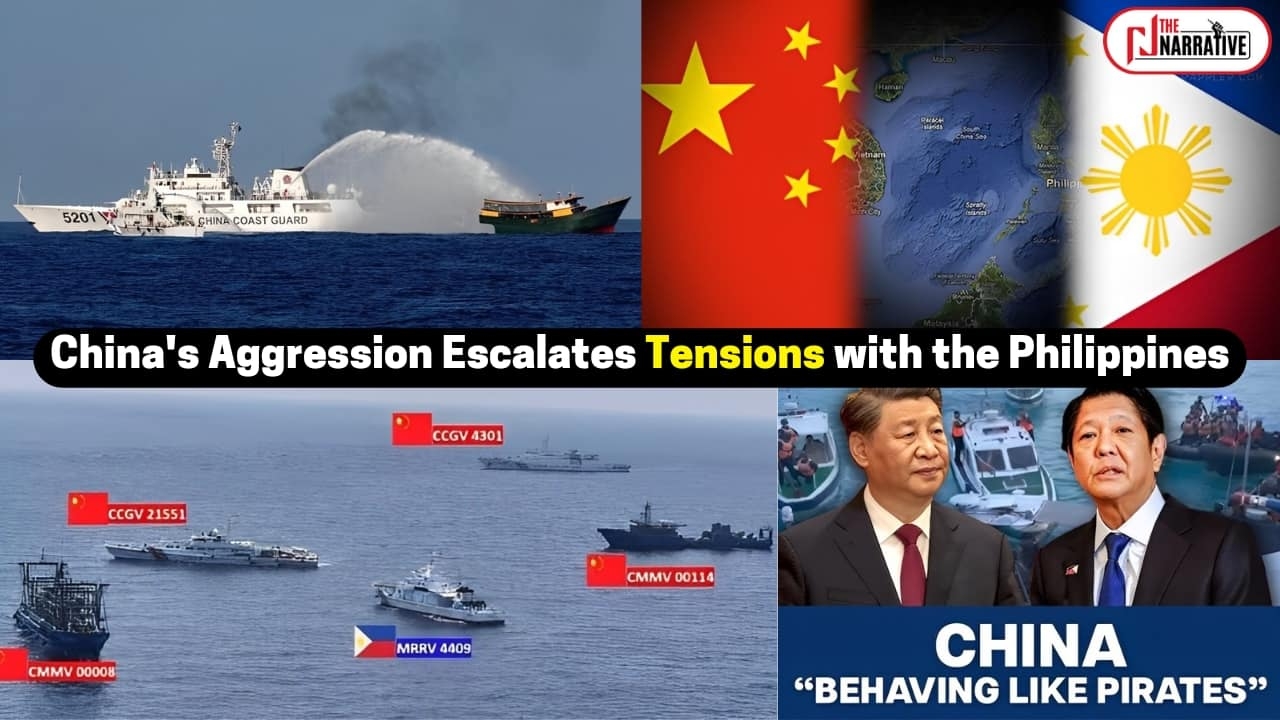
One of the stare-long territorial disputes is that of the South China Sea; however, over the past few weeks, tensions between ships of China and the Philippines have escalated alarmingly.
China's aggressive actions not only are in violent violation of international law but also threaten regional stability and peace.
Background
The South China Sea is a strategic corridor not only filled with fish stocks but also believed to have reserves of oil and gas. Several nations have competing claims in the area: Brunei, Malaysia, the Philippines, Taiwan, Vietnam, and China.
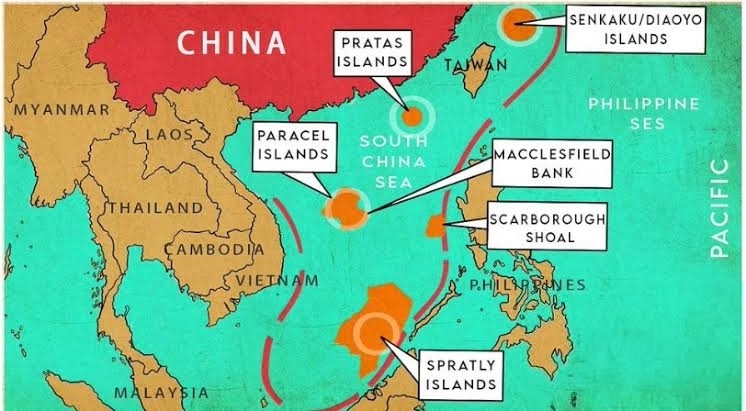
China drew up a far-reaching "Nine-Dash Line" claim that covers virtually all of the sea; this was invalidated by the Permanent Court of Arbitration in The Hague in 2016. Undeterred by this favourable ruling to the Philippines, China has pressed its claims strongly.
Recent Clashes
The Philippines government has reported, over recent times, many incidents involving Chinese vessels harassing Filipino fishermen and naval ships.
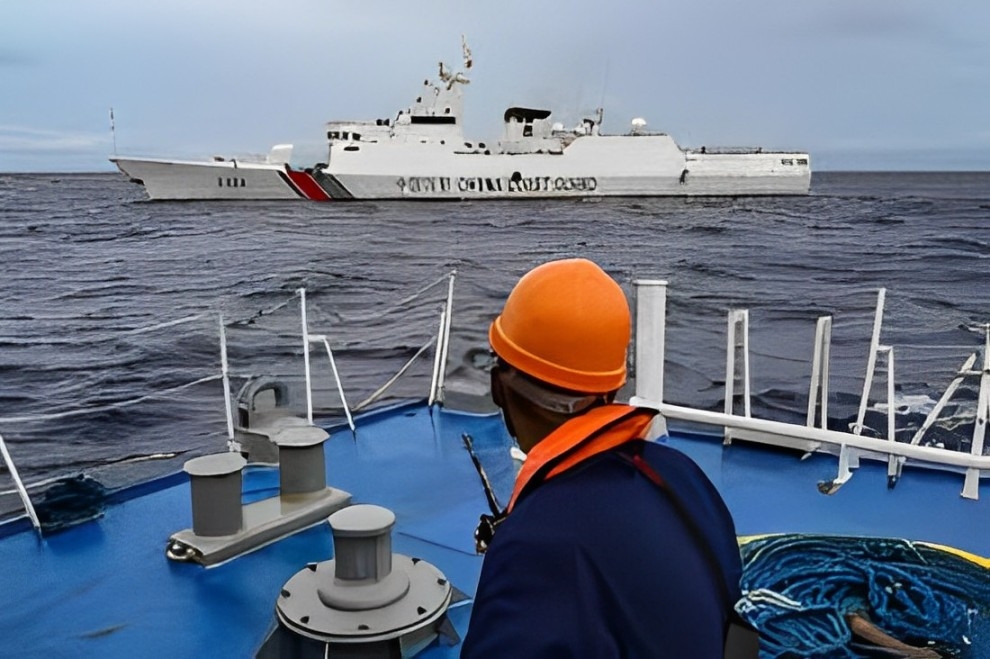
So far, the most alarming incident happened in August 2023 when Chinese Coast Guard ships used water cannons on Philippine vessels near Ayungin Shoal, also known as Second Thomas Shoal.
Philippine boats were accompanying a resupply mission to a grounded navy ship, the BRP Sierra Madre serving as a military outpost. Force of habit is not only dangerous but also flouts international maritime law.
The Philippine Department of Foreign Affairs decried the act as illegal and dangerous and underscored that this act had violated the sovereign rights and jurisdiction of the Philippines over its exclusive economic zone and continental shelf.
Militarism and Ecological Devast
The artificial island building and the militarization of features in the South China Sea further exacerbate the problem. The building of runways, missile systems, and other military facilities by China is unilaterally altering the status quo.
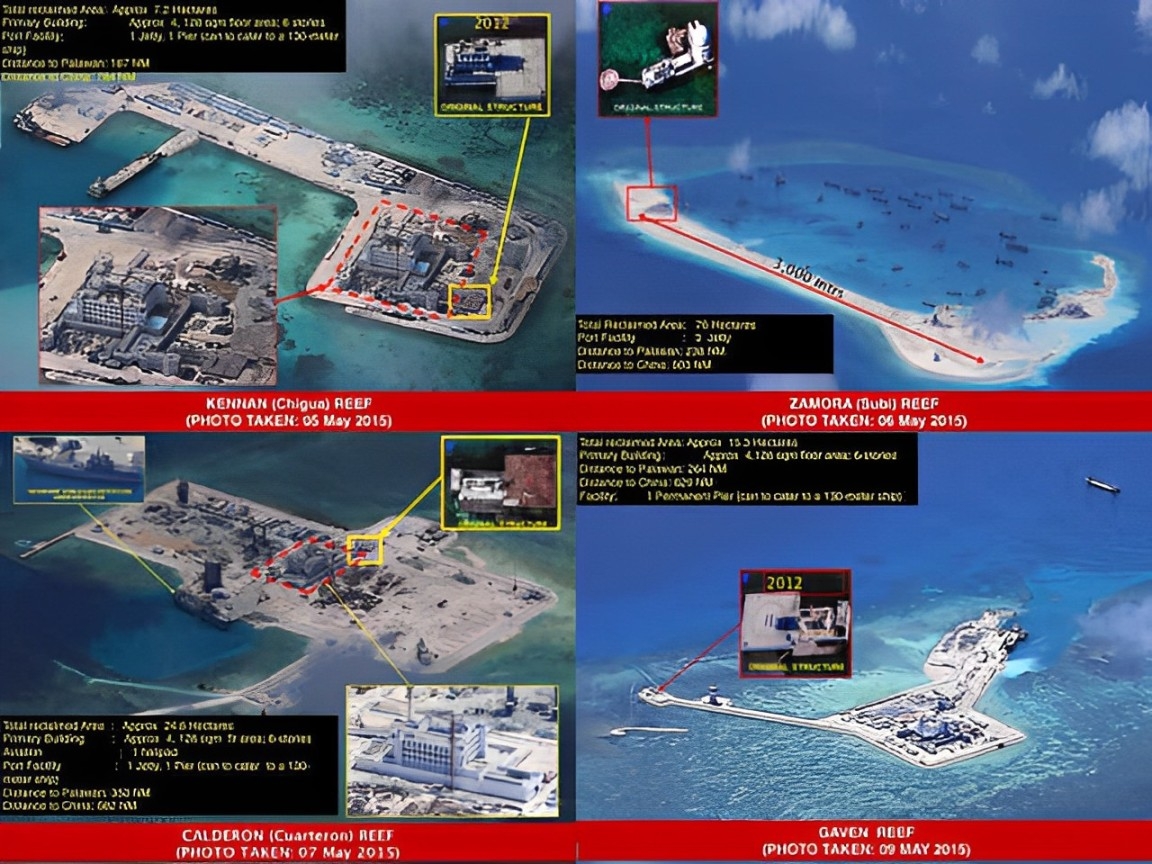
Apart from threatening the principle of international law-an assurance on freedom of navigation-it poses serious damage to the environment.
In processes of dredging and construction activities, coral reefs and marine ecosystems were destroyed, thus affecting livelihoods of people in the area dependent on fishing.
Flouting International Law
China's refusal to recognize the 2016 arbitration demonstrates an arrogant disregard for international law. To date, China's continued aggressive activities undermine the United Nations Convention on the Law of the Sea, to which it is a signatory, and Serve to set an extremely dangerous precedent within the international community-that might make right-and erode the rules-based order which has kept relative peace since World War II.
Consequences on Regional Stability
China's behaviour has forced the region's neighbours to recalculate their security formulae. The Philippines has strengthened defence relations with the United States by resuming joint maritime patrols and granting more access for U.S. forces to military bases.

But other Southeast Asian countries feel threatened similarly: military spending is up, and alliances being forged could lead to further destabilisation in the region.
International Condemnation
Thus, the international community has taken more of the Philippines' side. Statements have been issued by the United States and the European Union, along with their allies, against the aggressive behaviour of China.

They called for adherence to international law with a loud emphasis on freedom of navigation and overflight in the South China Sea. Nevertheless, these various diplomatic efforts have not managed to hold back China's assertiveness so far.
The Human Cost
But beyond geopolitical strategies and resource control, the real human consequences of China's actions are being felt.
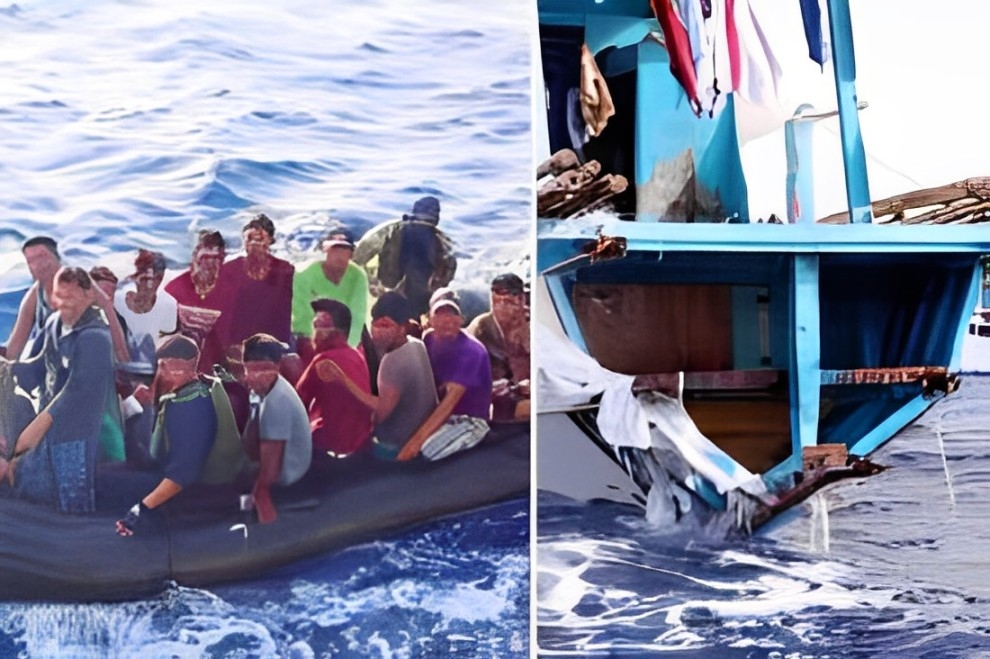
Filipino fishermen dependent on these waters reported intimidation and harassment by Chinese vessels. This is a threat not only to economic well-being but also to safety at sea.
Conclusion
China's provocative behavior in the South China Sea is a blatant violation of international law and security in the region. The People's Republic of China continues to disregard legal decisions and pursues aggressive actions against the Philippines.
This furthers the diplomatic isolation of the nation and opens the possibility of conflict. It is time for the global community to be firm and put pressure on China while standing in complete solidarity with the Philippines in the name of self-determination and adherence to the rule of law.
Smaller and less militarily capable, the Philippines has stood its ground against China's bullying tactics. The need for observance of international law is necessary for the Philippines but is likewise important to other nations that depend on the said precepts of sovereignty and respect with one another. China needs to reassess its policy and pledge adherence to peaceful and lawful settlement of the territorial dispute.